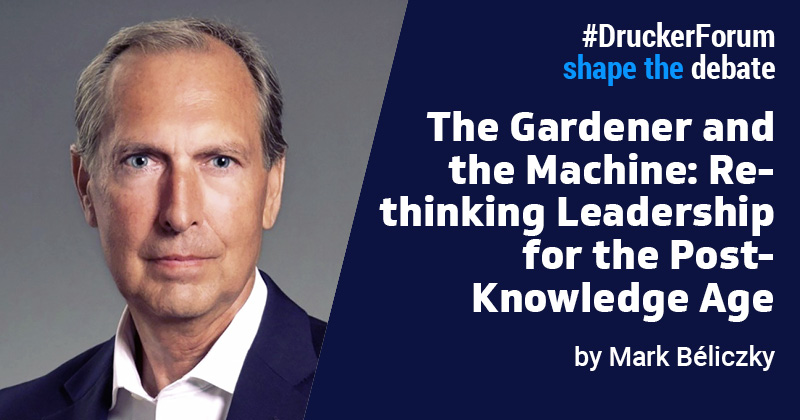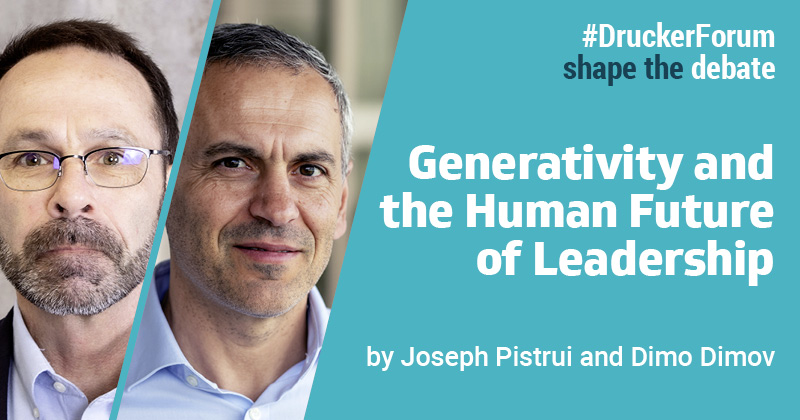All today I have heard my parents in my head. Primarily a Handy twinkle, as I’m not sure my father really believed in having lots of leaders.
He did believe in leadership, though – don’t panic!
Dad would see leaders as more like gamekeepers than the traditional tour guide model.
You know the type: umbrella in the air, standing in front … “Follow me, just listen to me and only look at what I point at.” […]









